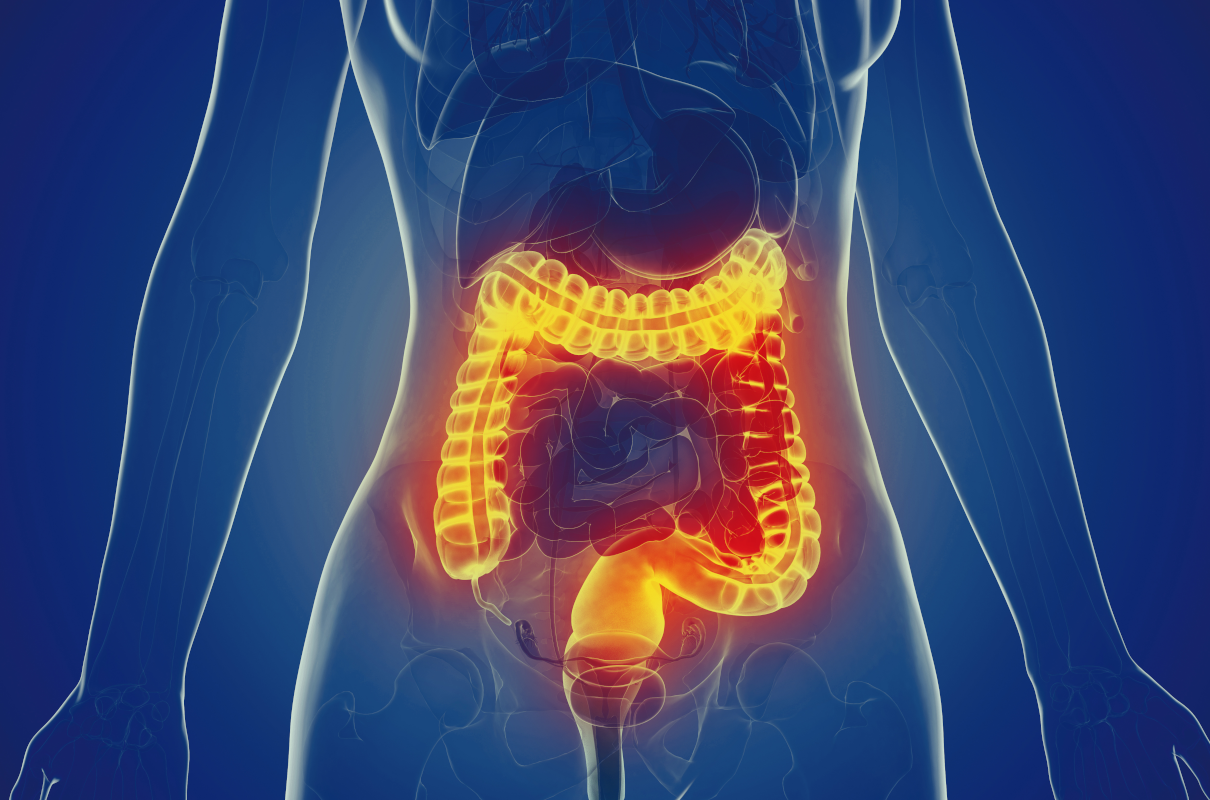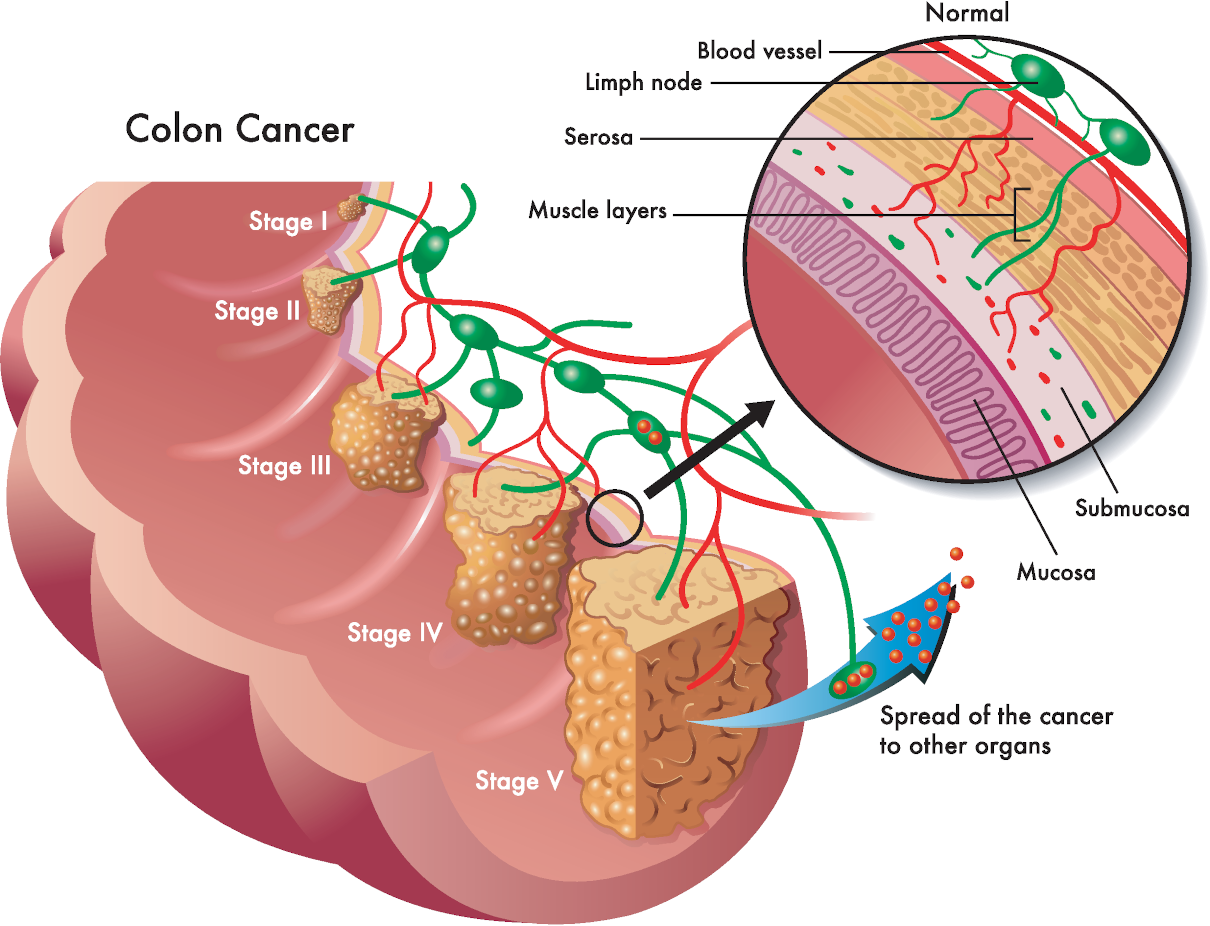
Candidiasis of the intestine is an infectious lesion in the digestive tract that can weaken the immune system. Besides, forms of intestinal candidiasis may vary. They depend on the dilution of the stool, as well as ulcerative colitis and fungal sepsis.
The treatment includes three main procedures, such as
- the administration of antimycotics,
- normalisation of intestinal microflora
- And the correction of the patient’s immune system status.
Colonic irrigation also plays a vital role in preventing intestinal candidiasis.
Microflora
Candidiasis of the intestine is a fungal infection of the mucosa in the digestive tract. It threatens almost everyone today, as most experts have difficulty identifying the disease. This is due to the widespread prevalence of fungi of the genus Candida in people, including those who are perfectly healthy.

Mini Detox PLUS – 3 colonics, minerals, herbal & probiotic implants
The ideal pattern of colonic treatments includes three alkalising colon hydrotherapy treatments with sodium bicarbonate, one anti-parasitic implant on the first treatment, one liver and gall bladder stimulating herbal implant on the second treatment, and a high-strength probiotic implant on the third colonic.
Carriage of fungi of the genus Candida in the intestine is inherent in 80% of the human population. Invasive candidiasis of the gut is an infection that targets those with an imbalanced immune system. Colonic irrigation can restore the intestine’s microflora and the whole immune system.
Colonic irrigation in the presence of candidiasis of the intestine
Candida infects colon tissue and faeces. Consultation with an endoscopist is necessary to select the optimal method for studying the stomach.
Effect
Endoscopy helps detect nonspecific signs of mucosal lesions. The endoscopic biopsy and morphological examination of the biopsy samples are crucial for diagnosis.
To clarify, professionals perform colonic irrigation in our clinic in London. Besides, modern equipment provides a comfortable experience and a safe procedure to prevent intestinal candidiasis.

Food intolerance test of 208 ingredients
This is our most comprehensive food and drink test. It analyses your client’s IgG antibody reactions to 208 food and drink ingredients. This test will highlight their food triggers and help you formulate an IgG-guided elimination diet together.











